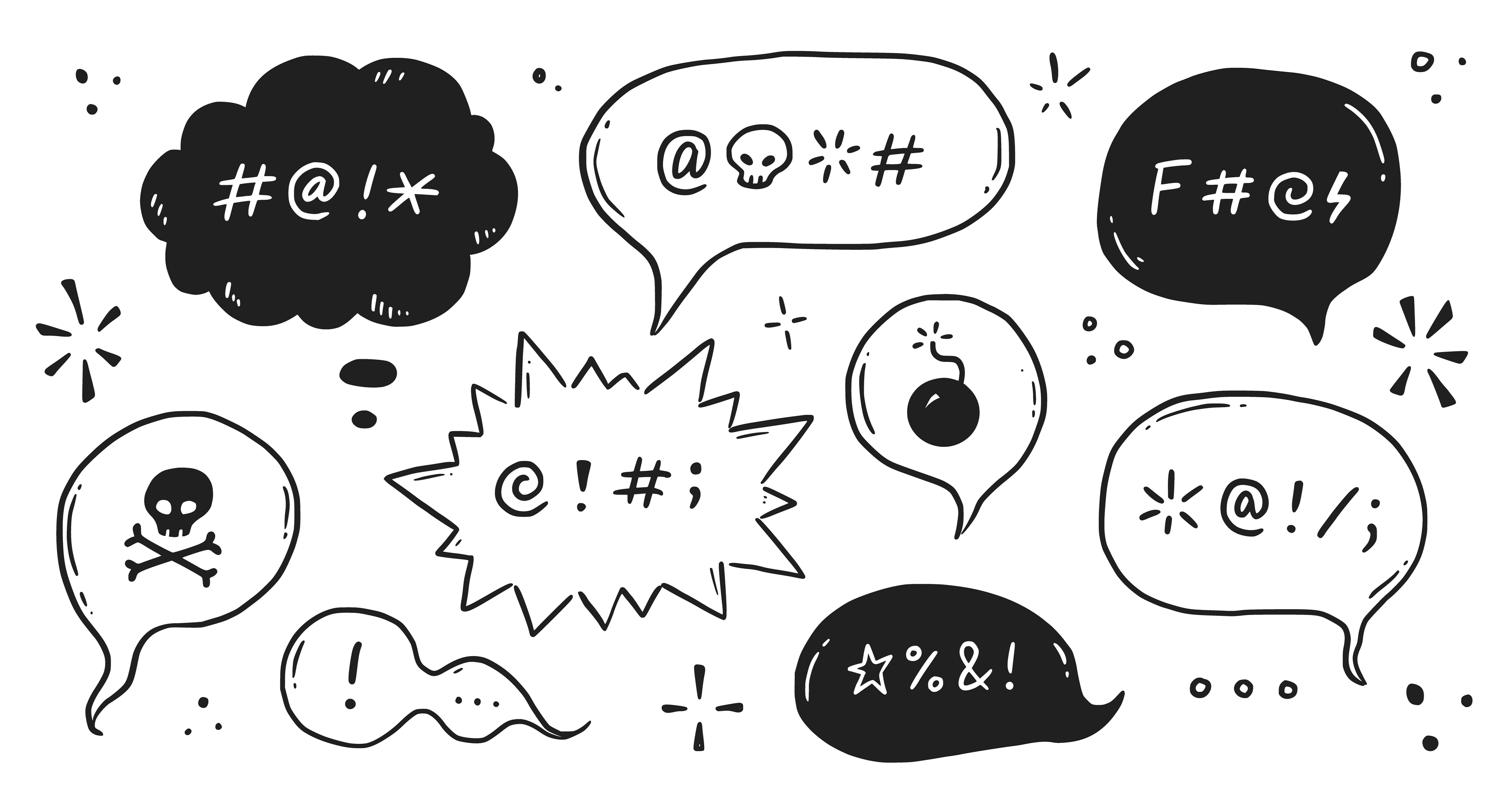


New 2024 Trademark Guidelines on morality and public order in the EU
Upon examining trademark applications, national trademark offices in the EU may refuse to register a sign that is contrary to “public policy” or “accepted principles of morality”. This somewhat lesser-known absolute ground of refusal of registration is provided for by Article 4(1)(f) of the Trade Mark Directive (EU) 2015/2436 (TMD). In an effort to further harmonise the practices of the Member States’ Intellectual Property Offices, the EU Intellectual Property Network has issued a dedicated “Common Practice” to provide more clarity on this ground of refusal to the national Intellectual Property Offices.
- What is a “Common Practice”?
Examination procedures of EU Trademark and Design applications are famously described in detail in the EUIPO’s Guidelines. At a national level, the EU Intellectual Property Network brings together the EUIPO with the national and regional IP Offices of the EU to develop common examination standards and practices in all IP matters. This effort includes the establishment of Common Practices aimed at providing guidance to the national IP Offices, in particular with regard to the examination of trademark applications.
- New guiding principles on Article 4(1)(f) TMD
As of 19 July 2024, Common Practice 14 was implemented by all national IP Offices in the EU. The objective is not to impose a certain view on what is or should be seen as lawful in each EU Member State, but rather to facilitate a common understanding of the concepts of public policy and accepted principles of morality, as well as define common criteria for assessing Article 4(1)(f) TMD.
According to the new Common Practice, the contours of both concepts may vary from Member State to Member State and evolve over time. But overall, “Public policy” consists in a set of fundamental norms, principles and values of societies in the EU at a given point in time. This includes the universal values of the EU laid down in the Treaty of Lisbon of 13 December 2007. “Accepted principles of morality” refer to the fundamental moral values and standards accepted by the society in the EU at a given time. Thus, the former derives from reliable, objective sources such as EU legislation or case law, while the latter implies an empirical assessment of what the acceptable norms of conduct are in a given society at a given time (which corresponds for instance to religious, cultural or social standards).
As for the assessment of the trademark application against the ground of refusal, IP Offices need to proceed on a case-by-case basis considering the normal level of sensitivity and tolerance of the relevant public as well as the circumstances specific to the Member State concerned. All possible meanings of the examined sign must be identified and analysed. Then, Offices will determine whether the goods and services and the context in which they will be offered may accentuate or mitigate the objectionable meaning of the sign: as an example, registering “Kill them all” for insecticides would be acceptable, but not for daycare services for babies. CP14 also includes a reminder of the established EU case law whereby freedom of expression should be taken into account in the assessment of the sign, although no guidance is provided as to how this should be done.
- Useful links
For more information on CP14, please visit the following links:
https://www.euipo.europa.eu/es/news/publication-and-implementation-of-cp14
Related
- 1 December 2017: Madrid Monitor takes its place as the one and only tool for tracking international trademarks
- 1 January 2020 - Changes in Classifications - Trademarks, Designs, Patents and Utility Models
- 100th Anniversary of Bavaria (Germany) - A glance at trademarks, start-ups, innovation & events
- 10th Anniversary Edition - 10 Things to Know about LexDellmeier - Past, Present & Future
- 15 Years LexDellmeier - 2024 New Year Wishes
- 2024 World IP Day - Building Our Common Future with Innovation and Creativity
- A guide for influencers, Part 1: Protecting your own intellectual property
- A guide for influencers, Part 2: Minding the intellectual property of others
- A new legal EU framework regulating Artificial Intelligence
- All these small Gimmicks – Trademark Infringement?
